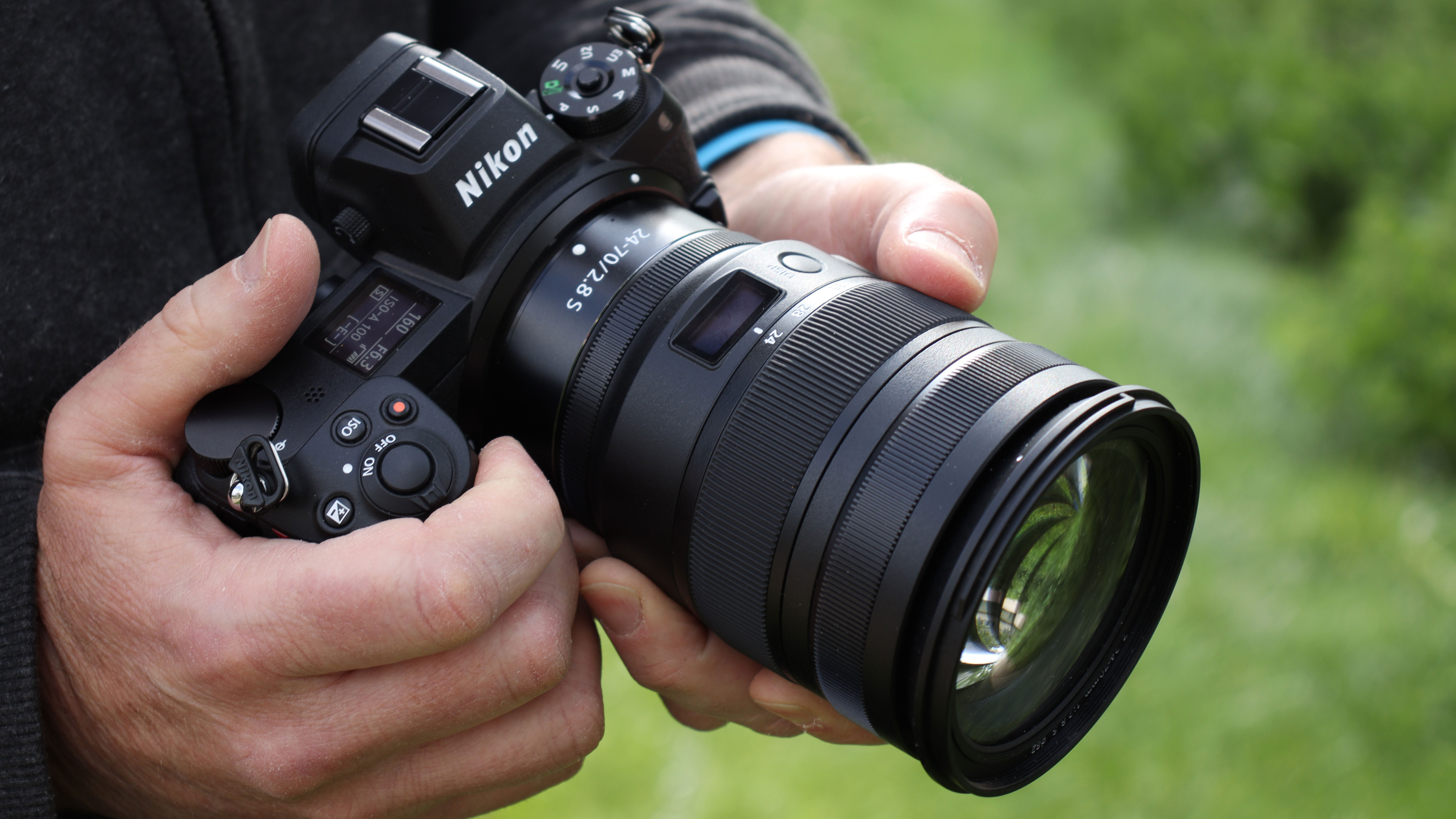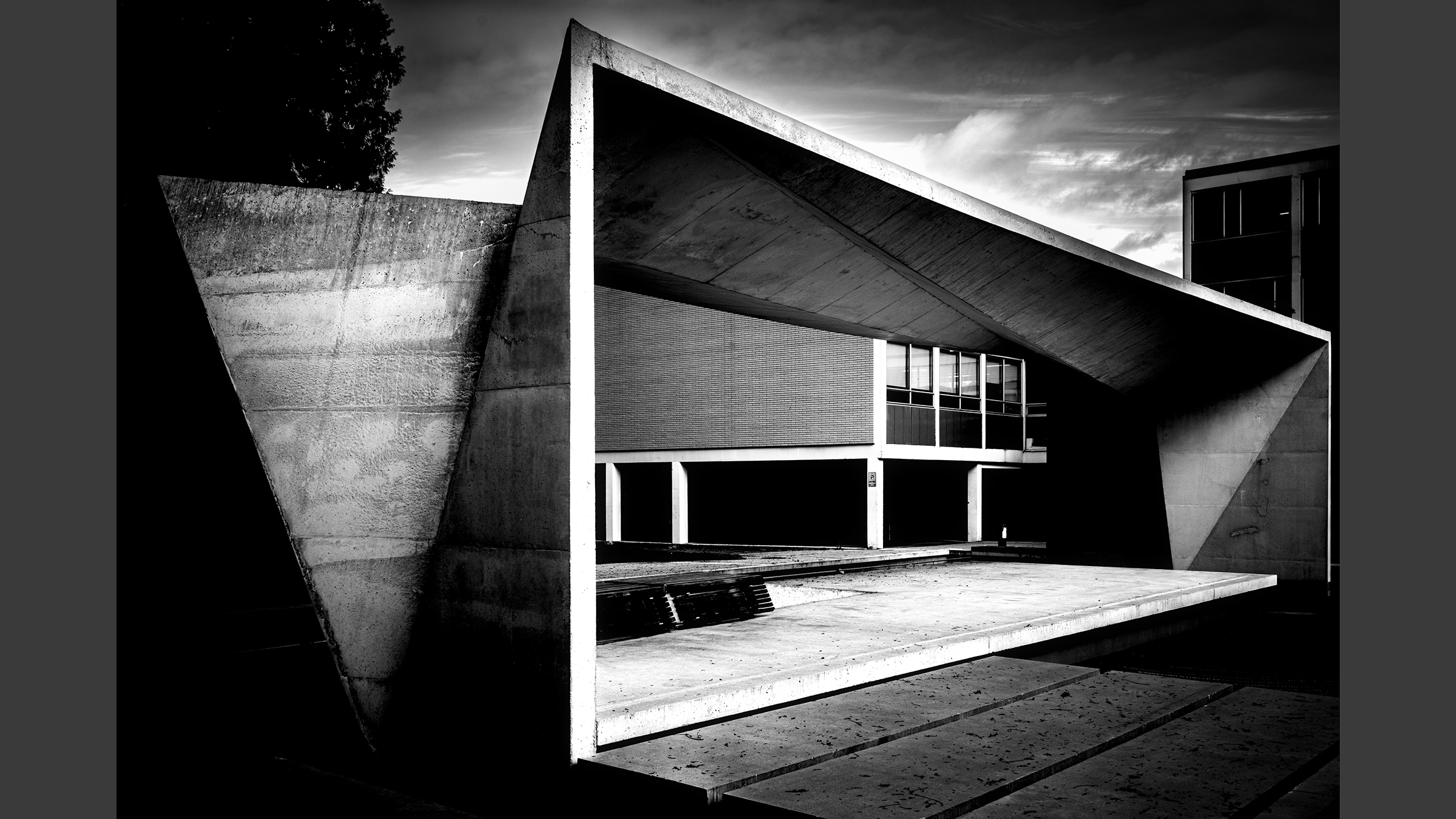Has Nikon "banned" third-party lenses that compete with its own Z glass?
Don't get your hopes up about buying cheap alternatives to popular Nikon Z lenses – it looks like they won't be licensed

Buying a cheap camera and lens has almost become a thing of the past – and it looks like the latter could be getting even closer to extinction.
Even entry level models such as the Canon EOS R7 or Nikon Z50 aimed at beginners will set you back close to a grand with a lens. In days gone by, when DSLRs reigned, you could pick up a decent starter kit for 500 bucks easily. But now brands like Canon and Nikon are refusing to issue licenses to third-party lens manufacturers – which could mean bye-bye to affordable alternatives on modern mirrorless bodies.
Since Canon first launched its mirrorless RF mount with the Canon EOS R, it has maintained complete authority over what third-party autofocus lenses can be manufactured. This means that if you’re looking for a cheaper version of the official Canon RF 24-70mm f/2.8L IS USM, bad luck – you won’t find one. For whatever reason, Canon refuses to license any autofocus lenses by third parties – which is why you don't see anything from the likes of Sigma.
• These are the best mirrorless cameras from the top brands including Canon, Nikon, Sony and Fujifilm
Now it looks like Nikon will be following suit, as Nikon Rumors has been told has been told that the company will only license third-party autofocus lenses for Z mount as long as they complement – and don't compete with – Nikon's own lineup of Nikkor lenses.
On one hand, I can completely understand why Nikon would make this move. After all, what company would want a product they have meticulously designed and manufactured to be ruined by a lens that hasn’t been created with the same high-quality parts or technical know-how?
However, brands like Sigma, Samyang and Tamron are known for making high-quality, high-precision optics that in lab tests fair very well, even against some of the first-party lenses. So it does make you wonder, is it a profit thing…
Get the Digital Camera World Newsletter
The best camera deals, reviews, product advice, and unmissable photography news, direct to your inbox!
One of the main reasons Nikon and Canon have gone down this route could be that they don’t want any competition. Simple supply and demand economics means that if it isn’t available elsewhere, people will have to buy an official RF or Z mount lens – which means that Nikon and Canon can set and maintain prices. This is bad news for people who invested in these systems and held out hopes for cheaper third-party lens options.
Another reason could be due patent and design copyright infringement. Shortly after Viltrox launched the 85mm f/1.8 lens, many third-party Canon RF-fit lenses were pulled from sale. All mention of it vanished and the company issued a statement saying, "We have been told by Canon to stop selling all RF mount products, so we will not release RF-related information on the official website". Samyang experienced a similar issue, and with Nikon following suit it looks like third-party brands are going to have to get more creative with the lenses they design.
However, third-party lens manufacturers have found ways around these stringent measures, by creating lenses that are similar but not the same. Tamron for example released the Tamron 28-75mm f/2.8 Di III RXD lens for Sony E mount, while Sigma’s answer came in the form of the Sigma 28-70mm f/2.8 DG DN – both very well-made, well-respected lenses that offer decent optical quality at a vastly lower cost.
I hope for Nikon and Canon’s sake that they do open up licenses for these types of alternative 'standards', because otherwise they could see a lot of people making the jump to different brands who will grant licenses to pre-existing lens designs.
These are the best Nikon cameras and best Canon cameras

Having studied Journalism and Public Relations at the University of the West of England Hannah developed a love for photography through a module on photojournalism. She specializes in Portrait, Fashion and lifestyle photography but has more recently branched out in the world of stylized product photography. Hannah spent three years working at Wex Photo Video as a Senior Sales Assistant, using her experience and knowledge of cameras to help people buy the equipment that is right for them. With eight years experience working with studio lighting, Hannah has run many successful workshops teaching people how to use different lighting setups.
